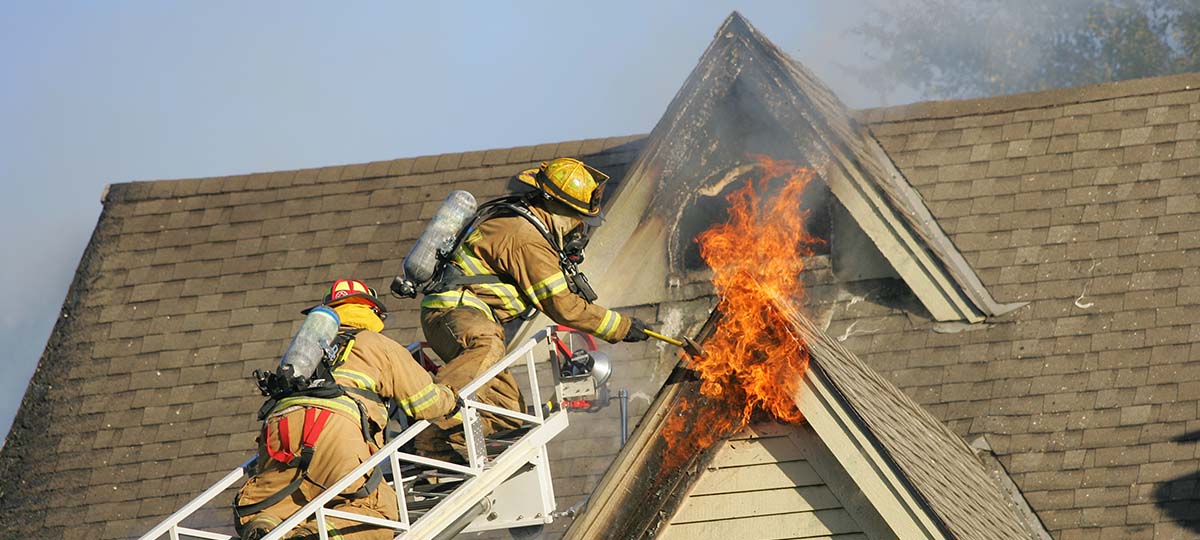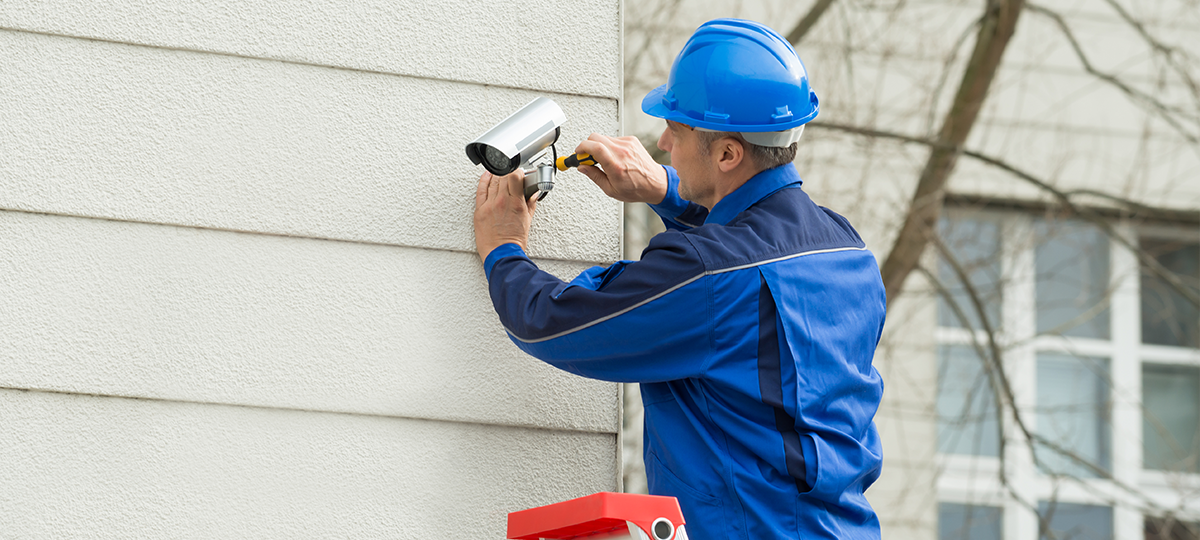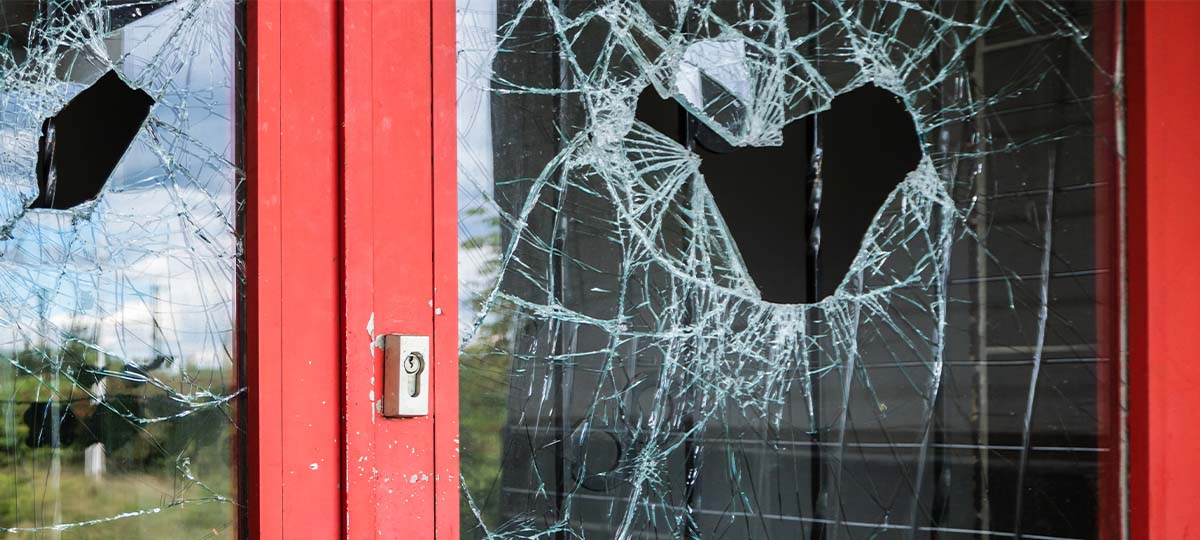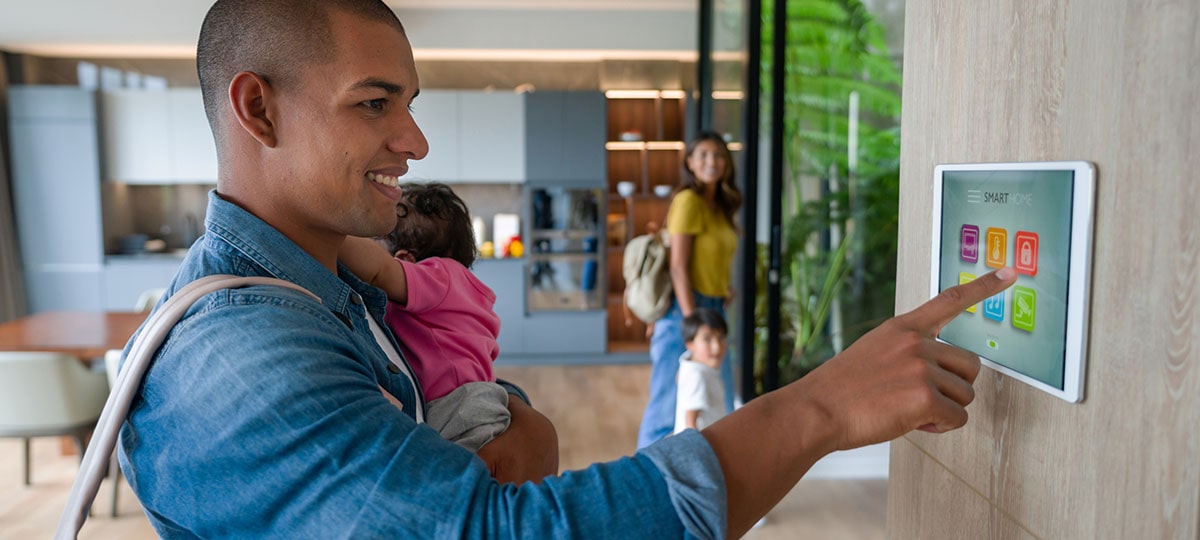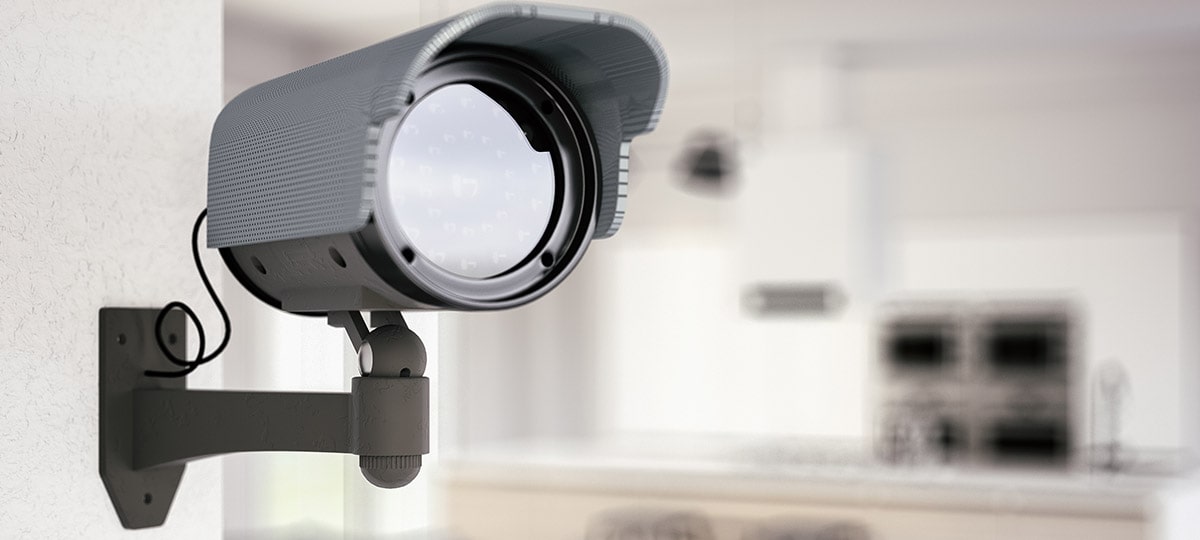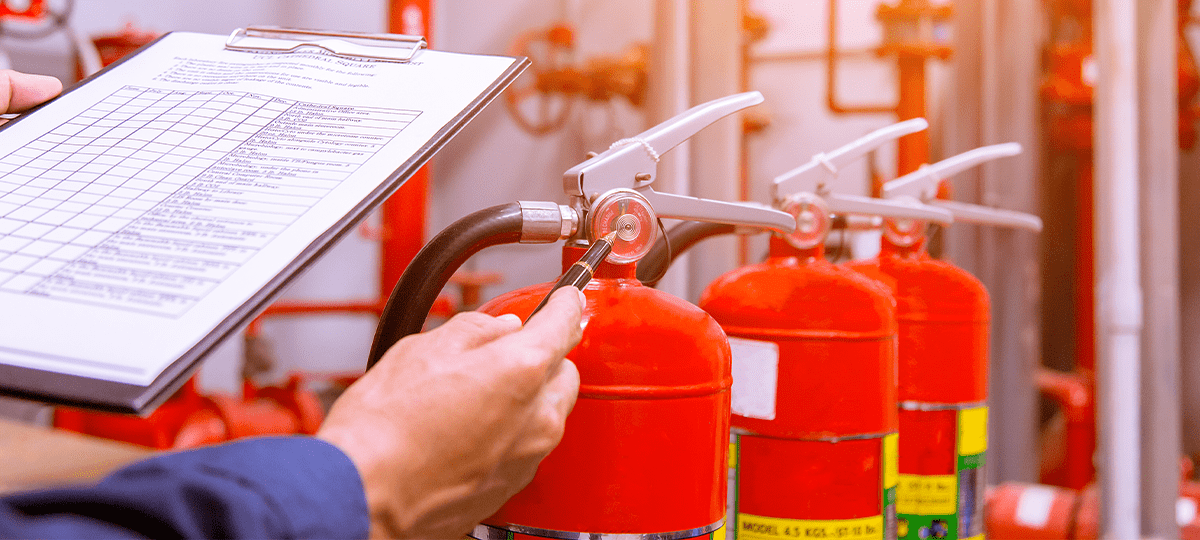Most Common Causes of House Fires
A house fire can be a life-altering event that some may never fully recover from. The best way to protect your home and family from a fire is to educate yourself about the risks and how to prevent them. We all know the essential forms of prevention and protection, like smoke detectors, fire extinguishers, sprinklers,…
